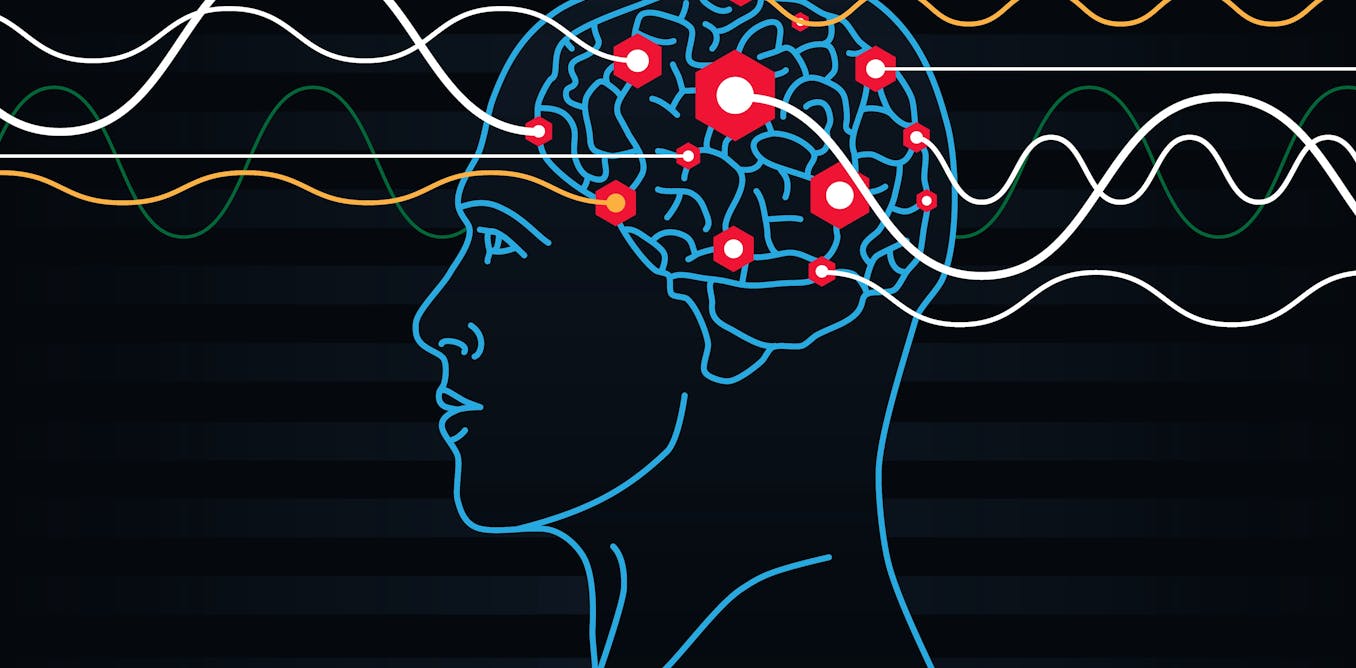
Can AI read our minds? Probably not, but that doesn’t mean we shouldn’t be worried
The authors do not work for, consult, own shares in or receive funding from any company or organization that would benefit from this article, and have disclosed no relevant affiliations beyond their academic appointment.
Earlier this year, Neuralink implanted a chip inside the brain of 29-year-old US man Noland Arbaugh, who is paralysed from the shoulders down. The chip has enabled Arbaugh to move a mouse pointer on a screen just by imagining it moving.
In May 2023, US researchers also announced a non-invasive way to “decode” the words someone is thinking from brain scans in combination with generative AI. A similar project sparked headlines about a “mind-reading AI hat”.
Can neural implants and generative AI really “read minds”? Is the day coming when computers can spit out accurate real-time transcripts of our thoughts for anyone to read?
Such technology might have some benefits – particularly for advertisers looking for new sources of customer targeting data – but it would demolish the last bastion of privacy: the seclusion of our own minds. Before we panic, though, we should stop to ask: is what neural implants and generative AI can do really “reading minds”?













/cdn.vox-cdn.com/uploads/chorus_asset/file/23132594/zephyrprofronthero.jpg)




.png)
/cdn.vox-cdn.com/uploads/chorus_asset/file/24390406/STK149_AI_03.jpg)




